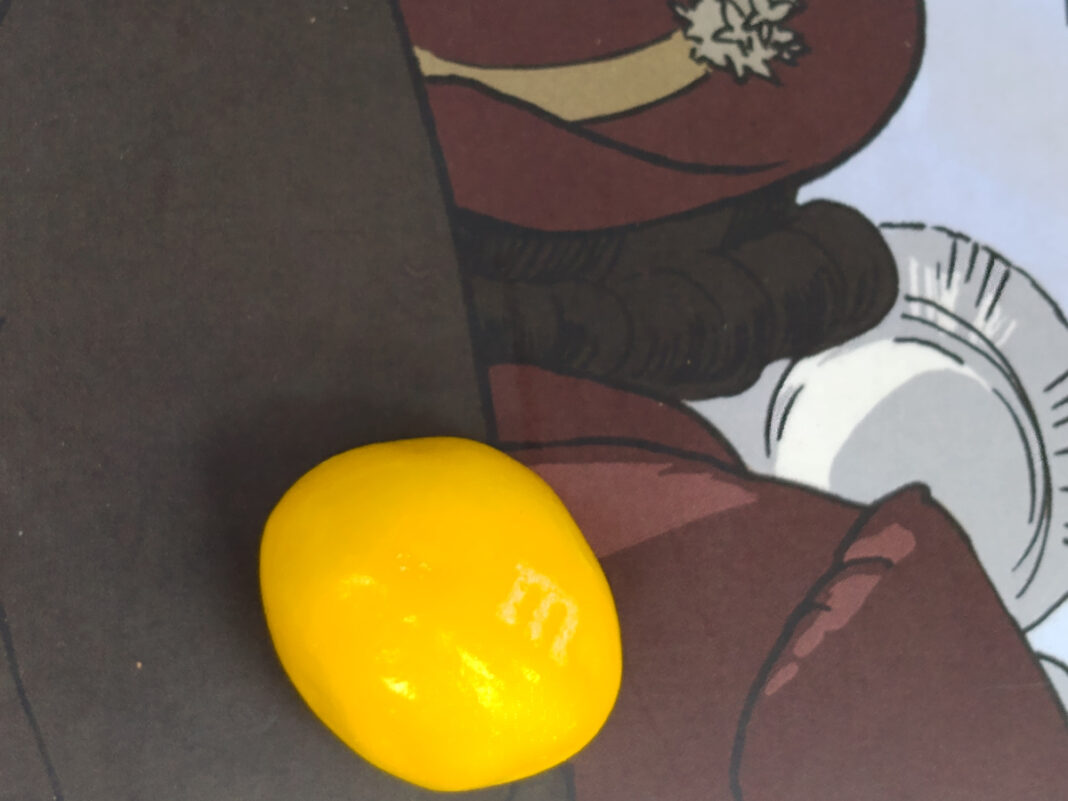UNITED STATES—It was hushed in the long barracks at night in the Valle de Sula where Juana and Antonio had met up, of all places. The whoosh-whoosh of dead tired souls prevailed, punctuated by a sneeze or dry cough. Near the river frogs said ribbit-ribbit and there was the implacable hum of mosquitoes flying, flying, mad, incessant that tormented the ears on the cot shared by Juana and Antonio.
“I will forget about her,” Antonio assured her. He was serious. He answered the entreaties of the Company to come here and unlike others, who saw more money here than they had seen in their entire lives, got worked up about it and achieved a release of adrenaline. Unlike the many who squandered it on payday nights in the saloons and cathouses that belonged to the Company, Antonio had a plan. Of course, it took boldness where they were trapped without money. The banana workers were paid in florid bright banana-yellow paper coupons that were worthless elsewhere. He would loan it to them and exact interest. When you are young and ambitions and hungry, that’s what you do.
“Cheating is not pleasant,” Antonio said. And he had a plan, to save up all the scrip and then sell it to others with a discount. His plan was to save up and get a bodega where he could run shop. He and Juana could get officially married. And the workers would blow it all at the company store on Saturday night. Antonio knew better; he would stick to his plan. Then he met her: the luminous Imelda was not part of the plan.
In the isthmus, there toiled those with their hopes and dreams of bonanza, leaving hunger behind. On their way to the Costa Norte were fed tales would never starve there, you could eat all the bananas that you wanted, but man does not live on bananas alone, and when bananas is all you see and all you smell the live-long day, and then back to the barracks. It was never quite quiet in the buzzing, booming cacophony of the banana plantations and the banana trees that weren’t trees, technically, but the world’s tallest blade of grass never ceased crinkling and crackling as the early shoots shot up another each day.
In the early period, the Garifunas tended the plantations that grew exponentially as the government sought to make good on the promise of granting producers 6000 hectares for every 12 kilometers of new railroad track laid, but a corrupt official made it impossible to carry out the allotment of lands for the designated purpose and wrested it from the Garifuna and gave it to the rich elite. In the barracks the macaw shrieked, and the obscene mosquito sang, malaria raged and yellow fever and dengue fever smoldered, and here, nevertheless, Antonio met Juana.
To begin in the middle, Juana took a machete and swung it at Antonio, who was one of the cutters who use big sticks to calibrate the thickness of the bananas, then shoulder the bunch that finally mules carry out pulled on the long cables, and a living person hand-stuck the labels to each banana. “I saw you looking at Imelda with a lusty spark in your eye.”
Even if he was innocent, Antonio looked over with chagrin. The trick was to get the silver machete out of her hands. Antonio kissed her and that did it. the machete thudded on the loamy dirt.
“They’re raising prices in the company store.”
“We have been worked like mules and we’re all worn out.”
“I had a very strange dream the other night,” said Juana. “I dreamed I was on top of a very high building and for a moment I thought I was a bird and could fly.”
This is why they came from the highlands toward the Costa Norte, to get away from the hunger, “They are bringing in the workers from the West Indies to have a surplus aboard.”
“It is a trick to see that the wages keep low. They don’t want to see us organizing.”
As it was Antonio let her have his portion of frijol, that seemed to get smaller as they raised prices is the company store, she was expecting. The captain came by and said, “I heard the shrieks and clawing and he came to check up on the cuzul, the jerry-rigged rooms underneath, a warren of partitioned space that granted a degree of privacy to families and couples who may need it, improvised with cardboard and propaganda signs for Coca-cola, they co-dwelled with the pause that refreshes.”
Somebody heard Juana’s shrieks, summoning the captain, frantic and anxious to the barracks. Antonio was rubbing sleep out of his eyes, yawned and didn’t want to tip off the authorities that there had been a bronco.
“All’s fine here,” soon the comforting blanket of darkness, that kept the temperature in the coolish zone would soon disintegrate before the dawn and it would be time to trudge to the plantation that viewed from above from the height of a flying machine resembled nothing so much as a green turf for a race of golfing giants to tee off.
To be continued…
Grady Miller is the Wizard of Fiction.






